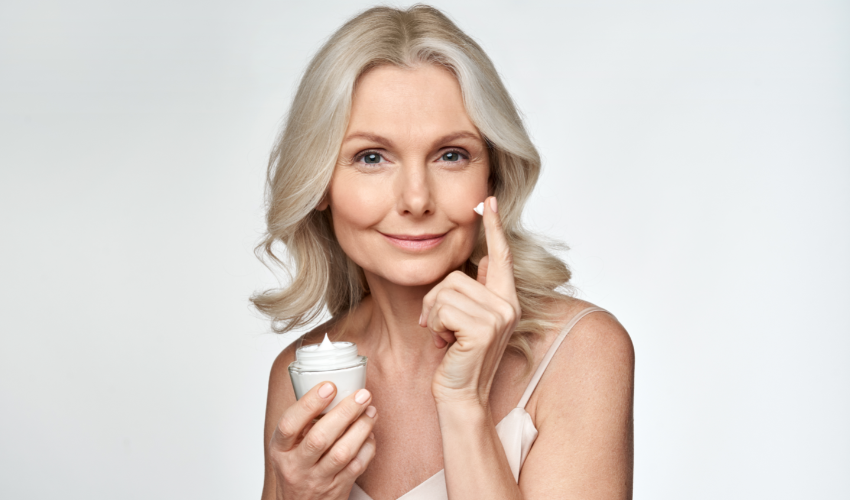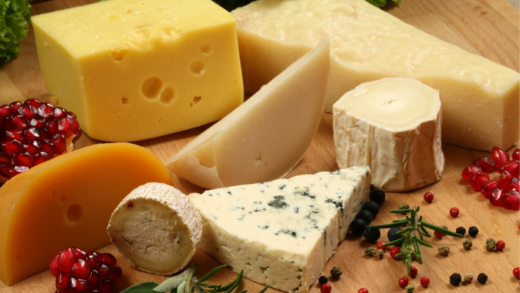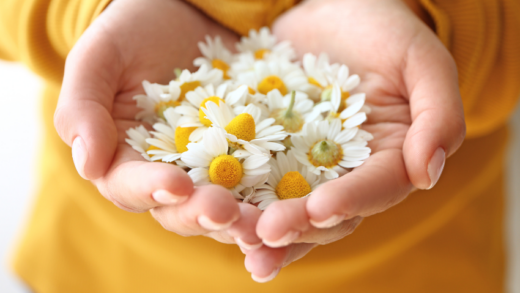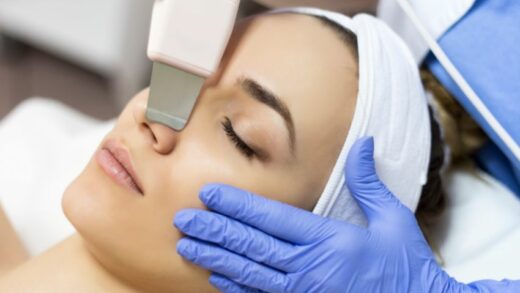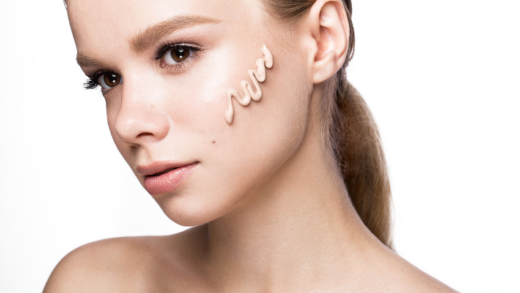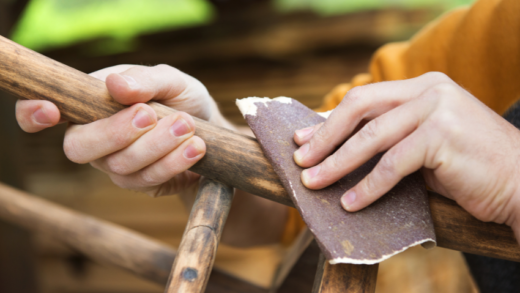Aging is a natural process, and with it comes the inevitable changes in our skin. Mature skin tends to be drier, thinner, and more fragile than younger skin, and requires a different approach to skincare to keep it looking healthy and youthful. Taking care of mature skin is all about nourishing it with the right ingredients, protecting it from external factors, and adopting healthy lifestyle habits. In this article, we’ll share some practical tips and tricks to help you keep your mature skin looking its best.
Understanding Mature Skin
As we age, our skin naturally loses elasticity and firmness, and becomes more prone to fine lines, wrinkles, and age spots. This is due to a combination of factors, including a decline in collagen production, decreased oil production, and a slower rate of skin cell turnover. Mature skin also tends to be drier and more sensitive than younger skin, making it more susceptible to irritation and damage.
Key Ingredients for Mature Skin
When it comes to taking care of mature skin, using the right skincare ingredients is crucial. Look for products that contain the following:
- Hyaluronic Acid: Helps to hydrate and plump up the skin, reducing the appearance of fine lines and wrinkles.
- Retinoids: Stimulate collagen production and improve skin texture and tone.
- Vitamin C: Has antioxidant properties and helps to brighten and even out skin tone.
- Peptides: Can help to reduce the appearance of fine lines and wrinkles.
- Ceramides: Help to strengthen the skin’s barrier and prevent moisture loss.
Building a Skincare Routine for Mature Skin
A good skincare routine for mature skin should include the following steps:
- Cleansing: Use a gentle, non-drying cleanser to remove makeup, dirt, and oil.
- Toning: Use a hydrating toner to help balance the skin’s pH and prepare it for the next steps.
- Serum: Apply a serum containing active ingredients such as hyaluronic acid, retinoids, or peptides.
- Moisturizer: Use a rich, hydrating moisturizer to nourish the skin and prevent moisture loss.
- Sunscreen: Protect the skin from harmful UV rays by using a broad-spectrum sunscreen with an SPF of 30 or higher.
Lifestyle Changes to Improve Skin Health

In addition to a good skincare routine, making healthy lifestyle choices can also help to improve the health and appearance of mature skin. Here are some tips to keep in mind:
- Stay Hydrated: Drink plenty of water to keep the skin hydrated and supple.
- Eat a Healthy Diet: Focus on nutrient-dense foods that are rich in vitamins, minerals, and antioxidants.
- Exercise Regularly: Exercise helps to improve circulation and promote healthy skin.
- Get Enough Sleep: Aim for 7-8 hours of sleep each night to allow your skin to repair and regenerate.
- Manage Stress: Chronic stress can take a toll on your skin, so find healthy ways to manage stress, such as yoga, meditation, or deep breathing exercises.
Protecting Mature Skin from External Factors
Mature skin is more susceptible to damage from external factors such as pollution, UV rays, and harsh weather conditions. Here are some tips to help protect your mature skin:
- Wear Sunscreen: Apply a broad-spectrum sunscreen with an SPF of at least 30 daily, even on cloudy days.
- Avoid Smoking: Smoking can accelerate the aging process and cause wrinkles, so quitting smoking is a must.
- Protect Your Skin from Cold Weather: Use a rich, hydrating moisturizer and wear protective clothing like gloves and hats to shield your skin from the cold.
- Use Gentle Skincare Products: Avoid using harsh products that can strip the skin of its natural oils and cause irritation.
- Stay Hydrated: Drinking plenty of water helps keep the skin hydrated and supple, and flushes out toxins from the body.
FAQs
How often should I exfoliate mature skin?
Exfoliating once or twice a week can help remove dead skin cells and stimulate cell turnover, but be gentle and avoid over-exfoliating.
Can I use anti-aging products in my 20s and 30s?
Yes, it’s never too early to start taking care of your skin. Using anti-aging products can help prevent premature aging and maintain healthy, youthful-looking skin.
Can I use the same skincare products on my face and neck?
While the skin on your neck and face is similar, the neck tends to be thinner and more delicate, so it’s a good idea to use products specifically formulated for the neck.
What are some natural remedies for mature skin?
Natural remedies such as aloe vera, green tea, and honey can help soothe and nourish mature skin. However, always patch test before using any natural remedies.
Can diet affect the health of my skin?
Yes, a diet rich in fruits, vegetables, healthy fats, and lean protein can provide the nutrients your skin needs to stay healthy and vibrant.
Conclusion
Taking care of mature skin requires a different approach than younger skin, but it’s never too late to start. By using the right ingredients, adopting a healthy lifestyle, and protecting your skin from external factors, you can help keep your mature skin looking healthy and youthful. Remember, consistency is key when it comes to skincare, so stick to your routine and be patient – your skin will thank you in the long run.
